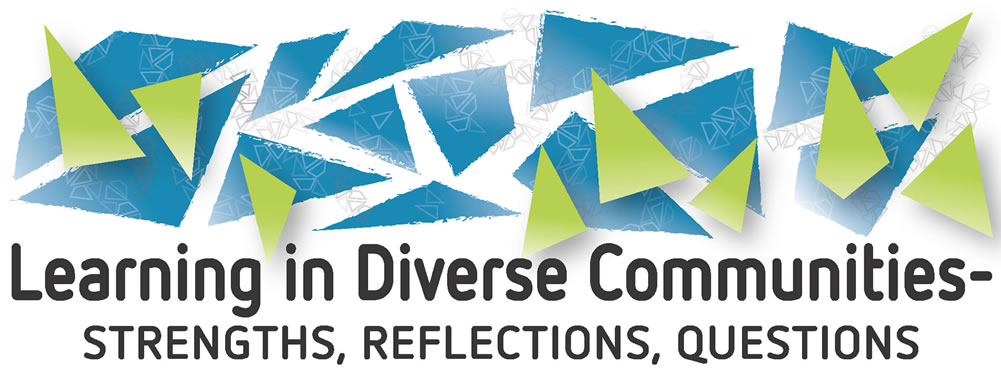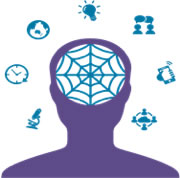June 2018
In this issue
1. From the Co-Presidents
2. ACAL Conference early bird closes July 6
3. Curriculum updates CGEA /CSWE/ EAL Frameworks
4. Education IRC & ACAL response
5. ACTA Paper
6. Currency in our field, what do you do to remain current? How can ACAL help?
7. FSK Update
8. 2018 SACAL Conference: Engaging the Modern Learner
1. From the Co-Presidents
Winter, what a great time for the pursuit of indoor activities, and what better spot than the local library? This year the ACAL Conference includes a pre-conference event which takes place in the Library at the Dock. This event, as well as a few others, have had us thinking about libraries and how we connect with them. Diverse opportunities to engage with audio and electronic books are available from many libraries and this can support learning and access for many students. Do your students borrow online?
The committee is currently working to consider the ways that the LLN community maintains currency. Feel free to reach out to use to share your experiences, we would love to hear from you.
2. ACAL Conference early bird closes July 6

September 12-14, 2018 • Melbourne Convention and Exhibition Centre
There's only a short time left to jump in and take advantage of the early bird offer for discounted registration for the ACAL Conference this September in Melbourne. The Conference features internationally renowned keynote speakers and a program that is jam packed full of opportunities to learn, share and be inspired. The pre-conference event is on the 12th September and is looking like a great opportunity to explore the role of libraries in the lives of our learners. More information is available on the ACAL website.
3. Curriculum updates CGEA /CSWE/ EAL Frameworks
It is a busy year for curriculum in the language, literacy and numeracy space. From looking on training.gov we can see that there are new providers being accredited for delivery of the new Certificates in General Education for Adults. TAFE NSW are reaccrediting the CSWE suite and will release information on their website when ASQA completes their approvals. Many of you will also be undertaking scope applications for other courses later in the year.
4. Education IRC & ACAL response
The Education IRC is continuing its work with the Foundation Skills Training Package and the Training and Assessment training package. A response was received to the ACAL input with regard to the ISFPSW.
5. ACTA Paper
The Australian Council of TESOL Associations has prepared a response to the latest AMEP contract. Continued reflection on the processes and practices within our field is valued by ACAL. We encourage you to have a look at the report. Their work is accessible on the ACTA website.
ACTA is also holding its conference this October in Adelaide.
6. Currency in our field, what do you do to remain current? How can ACAL help?
The ACAL committee have been thinking about how we maintain our currency as literacy educators. We are considering how we stay up to date on issues, new teaching ideas and research. We would like to hear from you about how you maintain your currency and whether it would it be useful for ACAL to provide suggestions on the website?
We have called for comments on Facebook. If you are not a Facebook user please contact us by email if you would like to contribute: info@acal.edu.au
7. FSK Update
PWC's Skills for Australia have closed their current consultation rounds and are rewriting the Foundation Skills Training Package (FSK) units. They expect to have draft units on the website in approximately six weeks for comment. Changes to the qualification structures will be also addressed soon. We encourage ACAL members to engage in this process to ensure the units meet learner needs.
8. 2018 SACAL Conference: Engaging the Modern Learner
11.30am to 7pm
Flinders University, Victoria Square
Topics of interest include • Technology in the classroom • Social media for learning • E-learning • the student-teacher relationship • Collaborative learning • Lifelong learning • Leadership • Digital natives vs digital immigrants • the modern classroom • Engaging learners • Well-being • Professional development for the literacy facilitator

